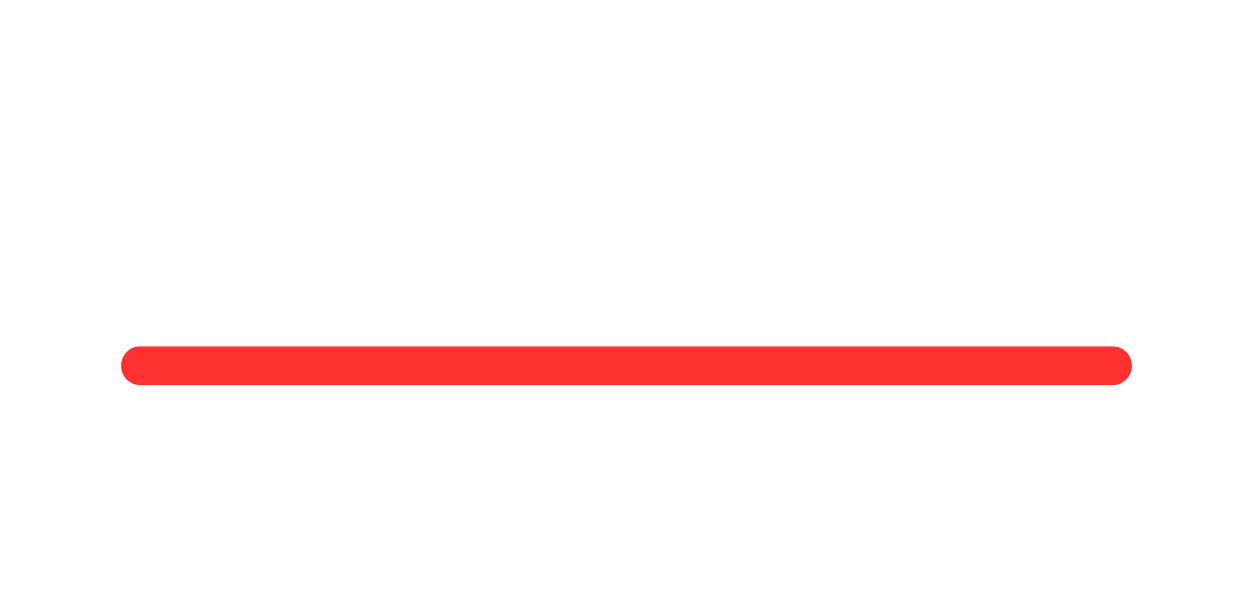
Who Were the Major Figures in the Bible? An Overview of Their Historical Contexts
[ad_1]
Introduction
The Bible is not just a collection of stories; it is a rich tapestry woven with characters who embody faith, doubt, love, and betrayal. These figures—some well-known and others more obscure—are pivotal to the spiritual narrative and theological frameworks we consider today. By understanding who they were and the historical contexts in which they lived, modern Christians can learn valuable lessons about applying Biblical principles to contemporary society. This article intends to explore the major figures in the Bible, diving deep into their stories while drawing connections to how we can emulate their virtues or avoid their pitfalls in our lives today.
1. Adam and Eve: The Beginnings of Human Choice
To start, we must consider Adam and Eve, the first human beings according to the Genesis narrative. Their story unfolds in a time when humanity existed in pure communion with God. Adam and Eve’s choice to eat from the Tree of Knowledge of Good and Evil signifies the complex interplay between free will and obedience.
In today’s world, the implications of their actions resonate deeply. Choices still lead to consequences, both personal and communal. Christians are encouraged to approach life’s decisions critically, much like Adam and Eve could have reflected on the serpent’s temptation.
Transition: As we traverse through the annals of Biblical history, we encounter many figures who face their own choices and consequences.
2. Noah: A Beacon of Faith in Troubling Times
Noah stands out as a crucial figure who displayed remarkable faith. Living in a world filled with corruption, his unwavering obedience to God led to the saving of his family and the preservation of animal life through the Ark. Noah’s story teaches Christians about the importance of standing firm in one’s convictions, especially in a culture that often contradicts deeply-rooted values.
His narrative also opens discussions about stewardship—an aspect that resonates today as we navigate environmental concerns. By modeling Noah’s faith and responsibility, Christians can actively participate in caring for creation.
Transition: However, the journey doesn’t stop with Noah, as we soon meet a figure whose story is rich with complexity.
3. Abraham: A Model of Faith and Trust
Abraham is often referred to as the father of faith. His journey with God begins when he shows an extraordinary willingness to leave his homeland for a future unknown. Abraham’s willingness to sacrifice his son Isaac is often viewed as the ultimate test of faith. This act invites a deeper exploration of trust—questions arise about God’s promises and the rationale behind divine tests.
For modern Christians, Abraham models resilience amidst uncertainty, inviting reflection on how faith can guide life choices. By seeking to understand his story and the surrounding cultural context, Christians can glean insights on how they too can navigate uncertainty with courage.
Transition: Following Abraham, we encounter yet another transformative figure whose covenant with God continues to shape spiritual thought.
4. Moses: The Reluctant Leader
Moses serves as a pivotal character in the Exodus narrative, representing liberation and divine leadership. Despite his early reluctance, Moses ultimately becomes the prophet who speaks directly to God and leads the Israelites out of slavery. His story is steeped in themes of justice, divine calling, and community.
Moses’ life encourages today’s Christians to confront societal injustices. His reliance on God amidst overwhelming odds inspires Christians to act against oppression and to advocate for freedom. The parallels between Moses’ journey and modern social movements can provide a rich ground for discussions about the responsibility of Christians in addressing social issues.
Transition: The leadership of Moses seamlessly leads to the emergence of another major Biblical character known for his wisdom and complex relationships.
5. David: The Complexity of a King
David, the shepherd turned king, is a multifaceted figure in the Bible who embodies both extraordinary triumphs and profound failures. His rise is marked by a profound relationship with God, evidenced by his psalms. However, his moral failings, including the affair with Bathsheba and the consequential aftermath, raise questions about accountability and repentance.
For Christians today, David’s duality highlights the importance of humility and the pursuit of integrity. His life urges believers to consider how personal actions reflect upon their communities and covenants with God. It invites introspection about grace and redemption, providing a model for personal growth and accountability.
Transition: Transitioning from the kingship of David, we find a prophetic voice that challenges the status quo.
6. Isaiah: A Prophet of Hope and Judgment
Isaiah’s role as a prophet in a tumultuous time cannot be overstated. He speaks both of impending judgment and the promise of hope and restoration. His prophecies lay the groundwork for messianic expectations, which find their fulfillment in the New Testament.
Isaiah’s life showcases the balance between justice and mercy. For Christians, his warnings serve as a call to self-examination and corporate responsibility. In a world filled with moral ambiguity, reflecting on Isaiah’s words can inspire transformative action amidst adversity.
Transition: As we move forward, the narrative arc shifts from prophetic voices to one of the most influential figures in Christianity.
7. Jesus: The Fulfillment of the Promise
Jesus of Nazareth stands at the center of the Christian faith. His teachings, actions, and sacrificial death and resurrection redefine humanity’s relationship with God. He illustrated love, mercy, and forgiveness, making Him the ultimate model of how to live in accordance with God.
Jesus challenges Christians to embody love and compassion in their interactions with others. His parables and teachings offer timeless lessons that resonate today, encouraging believers to serve as models in society, fostering community, and addressing injustice.
Transition: Following Jesus’ profound influence, the narrative propels us to the early pioneers of the Christian church.
8. Paul: The Apostle of the Nations
Paul’s transformation from a persecutor of Christians to one of its most significant champions is a testament to the power of God’s grace. Through his letters, he addresses various communities, providing theological insights and practical advice that remain relevant today.
Paul’s life implores modern Christians to embrace their callings and consider how their pasts do not define their futures. His letters encourage believers to critically engage with their faith and to operate within their cultural contexts. The methodologies Paul employed to spread the Gospel can inspire contemporary efforts in evangelism and mission work.
Transition: With the foundational teachings established, we cannot overlook the contribution of other instrumental figures who further shaped the early church.
9. The Early Martyrs: Models of Faithfulness
The early Christian martyrs, including Stephen, Polycarp, and countless others, exemplified unwavering faith in the face of persecution. Their stories are powerful testimonies of dedication and courage, urging modern Christians to confront the realities of faith in a culture often hostile to religious beliefs.
Reflecting on these figures encourages Christians to consider their responses to adversity. Their martyrdom provides perspectives on sacrifice and faithfulness, challenging believers to remain steadfast amidst challenges, whether small or monumental.
Transition: Acknowledging these historical contexts allows us to critically reassess our own positions and model Christ-like qualities in our societies today.
Conclusion
In summary, the major figures in the Bible provide critical insights into faith, leadership, morality, and community responsibility. Their stories illuminate the realities of human experience—choices, consequences, struggles for justice, and the pursuit of God’s will. By studying these narratives within their historical contexts, modern Christians can draw practical lessons that resonate deeply with contemporary society.
As you navigate through your own spiritual journey, embrace the rich legacy these figures represent. Allow their examples to inspire growth, critical thinking, and action in your life and community. Ultimately, embodying these Biblical models will not only enrich your faith but also contribute to a more compassionate and just world.
In a rapidly changing world longing for hope and direction, Christians have the opportunity to become the models of tomorrow—living reflections of the profound truths found within the pages of the Bible.
This exploration ultimately invites further study—whether by researching different versions of the Bible, engaging with supplementary theological literature, or contemplating personal applications in daily life. Let’s cultivate a community that embraces the richness of scripture and seeks to emulate the great figures whose stories continue to shape our faith today.
[ad_2]









